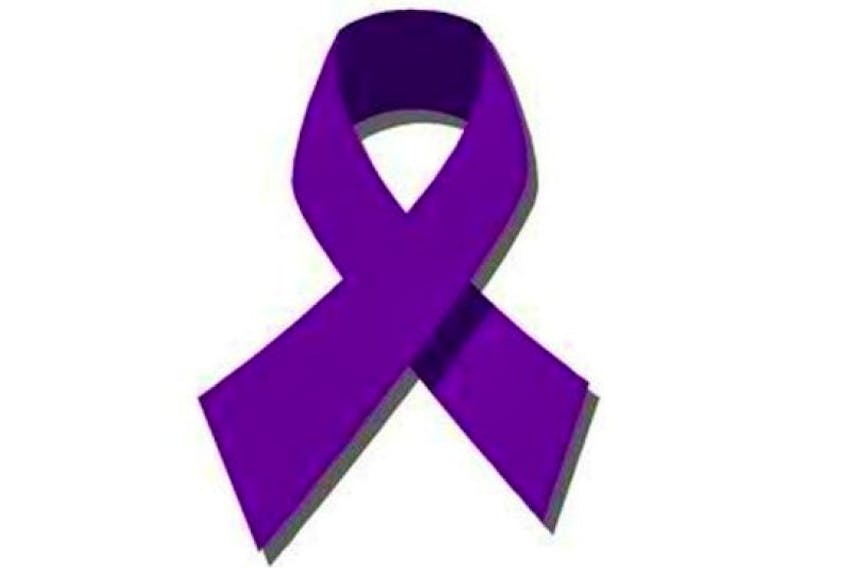BY DONNA DINGWELL
GUEST OPINION
We know that harassment and violence are all too common in our workplaces. We also know that it happens in the labour movement, and we have to change the culture that allows this to happen.
We have to act differently, to break down some of the barriers, to support women and others who come forward to disclose their experiences. We have to make it safe for them to do so. Survivors should not have to further expose themselves in order to see change. We must end our own complicity and our self-imposed silence, not just by reaching out to victims, but by calling out sexist and harassing behaviour when we see it happen. If we are truly going to eliminate violence against women, we all need to step up.
We need to acknowledge our complicity in perpetuating a culture that tolerates toxic masculinity. We also need to recognize the connections between gender-based violence and other forms of discrimination and violence that workers experience. The barriers and the risks of disclosure can be much greater for racialized women, Indigenous women, women with disabilities, trans and non-binary folk. Breaking down barriers starts with recognizing that not everyone experiences discrimination, violence and harassment in the same way. We need to make a commitment to change in our workplaces, but also in our own organizations.
We can be proud of the work the labour movement has already done. For decades, unions have been negotiating collective agreement language on sexual harassment and raising awareness of all forms of gender based violence at work. Most recently, our Domestic Violence at Work initiative has built incredible momentum and is getting results. Following up our groundbreaking survey on Domestic Violence at Work, the labour movement has taken action.
We launched an education program to empower union representatives to recognize and respond to domestic violence at work, to promote awareness of the issue in workplaces and to help keep members safe and supported at work. We have developed collective bargaining language to assist unions in negotiating workplace supports, including paid domestic violence leave and women’s advocates. We are lobbying governments in all jurisdictions to amend health and safety legislation to recognize domestic violence as a form of workplace violence, and to follow Manitoba’s example and amend employment standards to give all workers paid domestic violence leave.
We are working with the global labour movement to press for an international labour standard on violence and harassment in the world of work.
Thanks to the efforts of union members and unions, we are seeing progress. Ontario has now joined Manitoba in establishing five paid days of domestic violence leave, and discussions are underway in a number of other jurisdictions. The federal government has just tabled legislation on harassment and violence in the federal sector, and the latest Budget Implementation Act establishes unpaid family violence leave.
Donna Dingwell is vice-president for women at the P.E.I. Federation of Labour.









